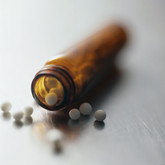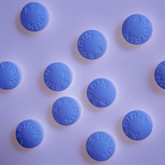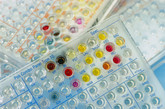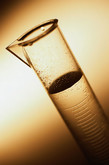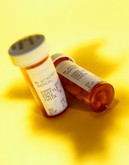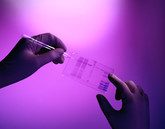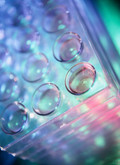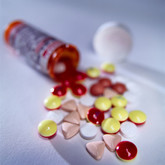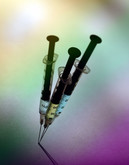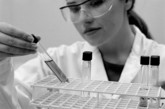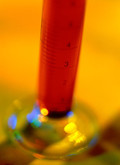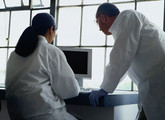Home/Pharma News
|
Posted 14/01/2011
China, which is approximately the size of the US, but with five times the population, has long been off-limits for global pharma due to its complex regulations, low healthcare expenditure and its seemingly unenforceable intellectual property laws. However all that has apparently changed according to a Reuters analysis, which shows that China is grabbing an increasing share of the global R & D budget, with investigators launching new studies to help understand how to treat the country’s huge population and tap into one of the fastest growing pharma markets on the planet.









